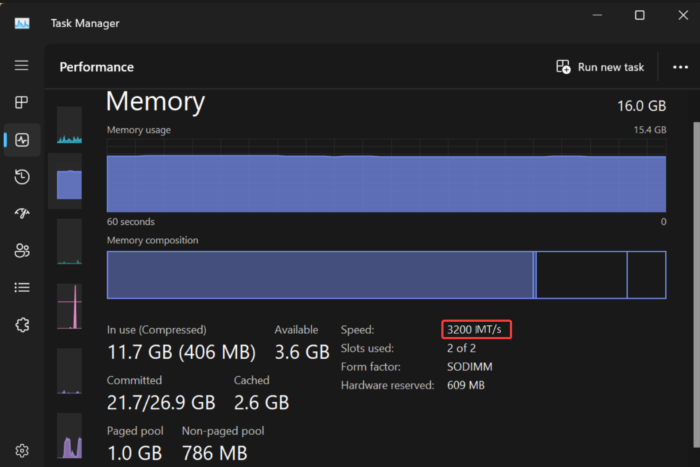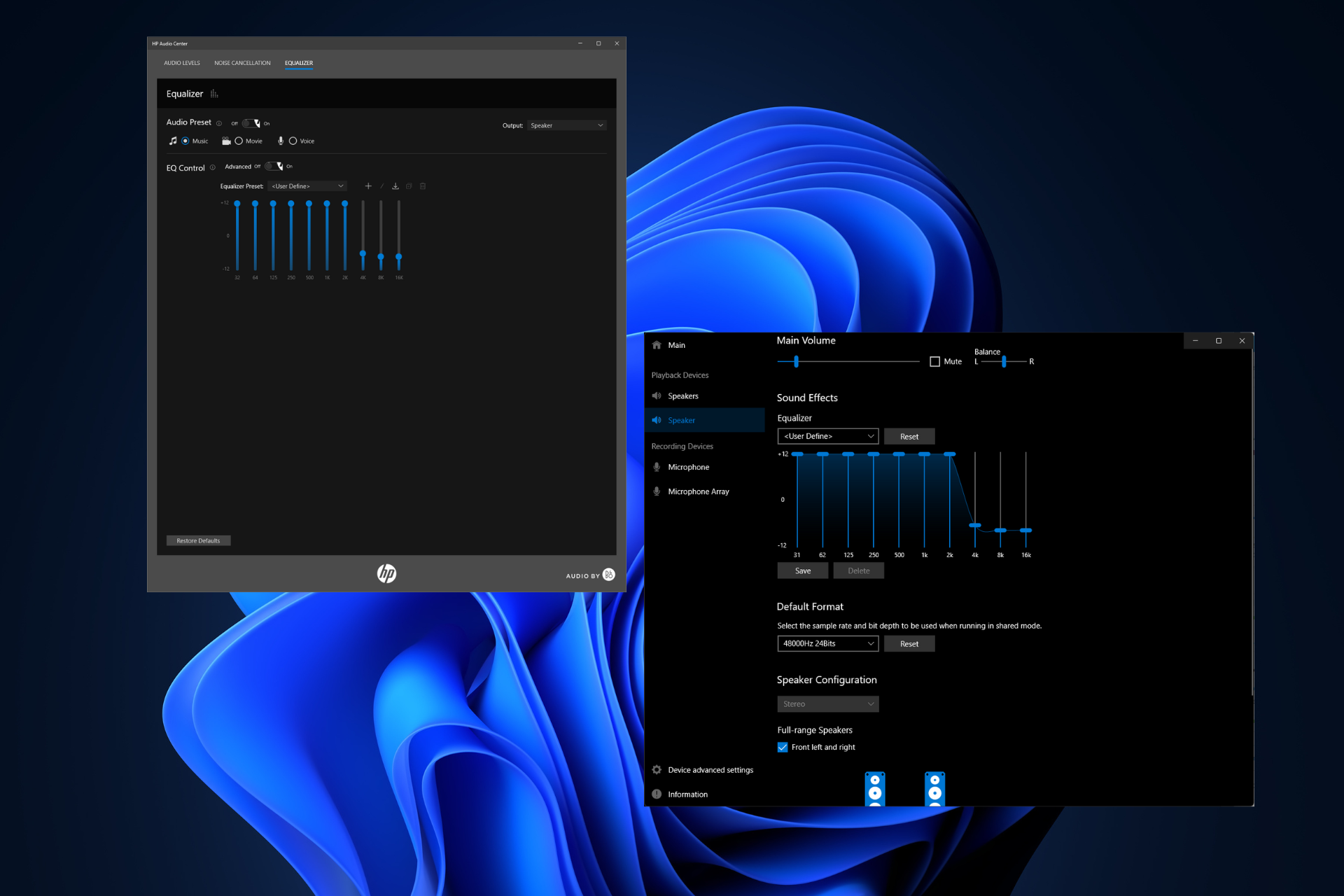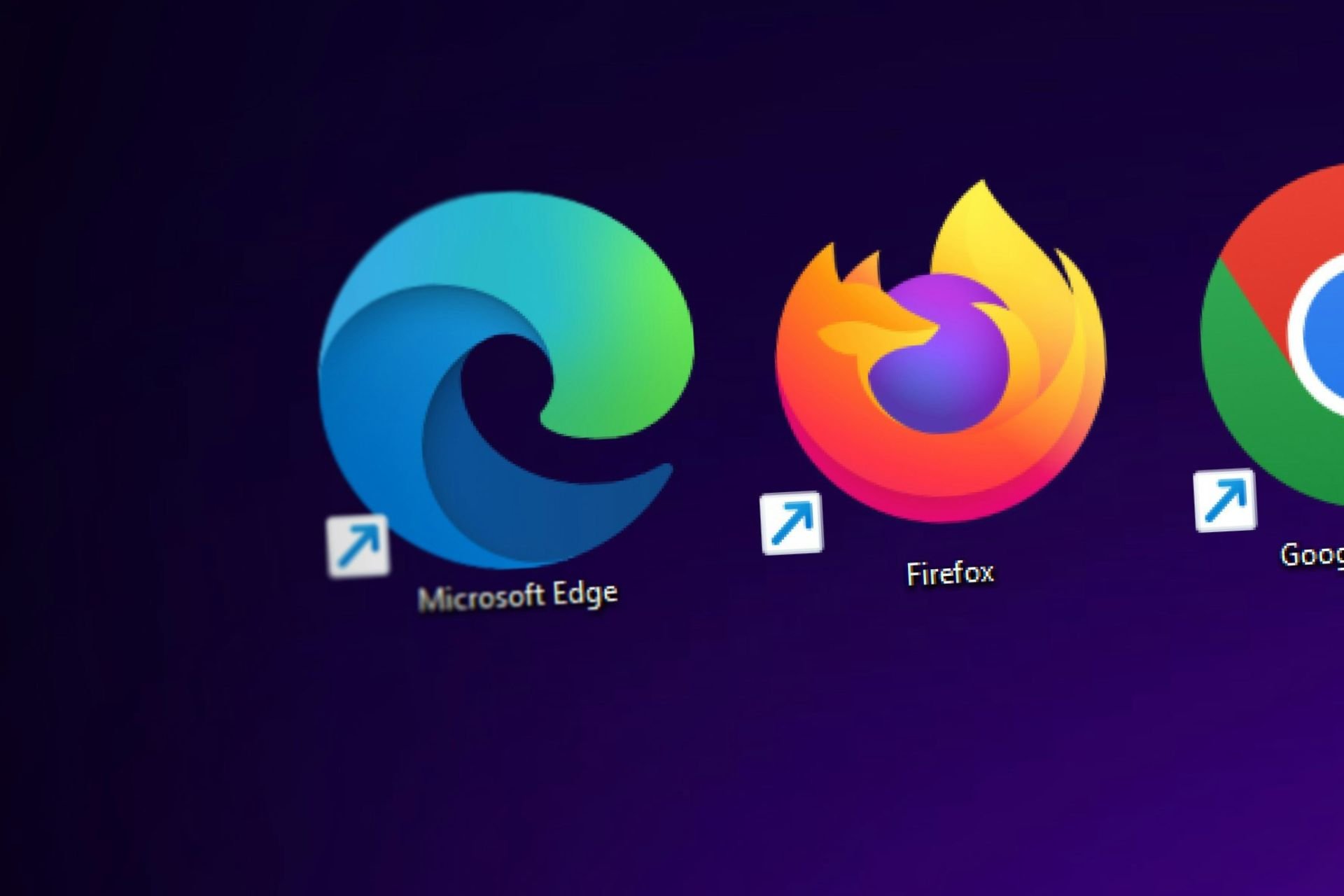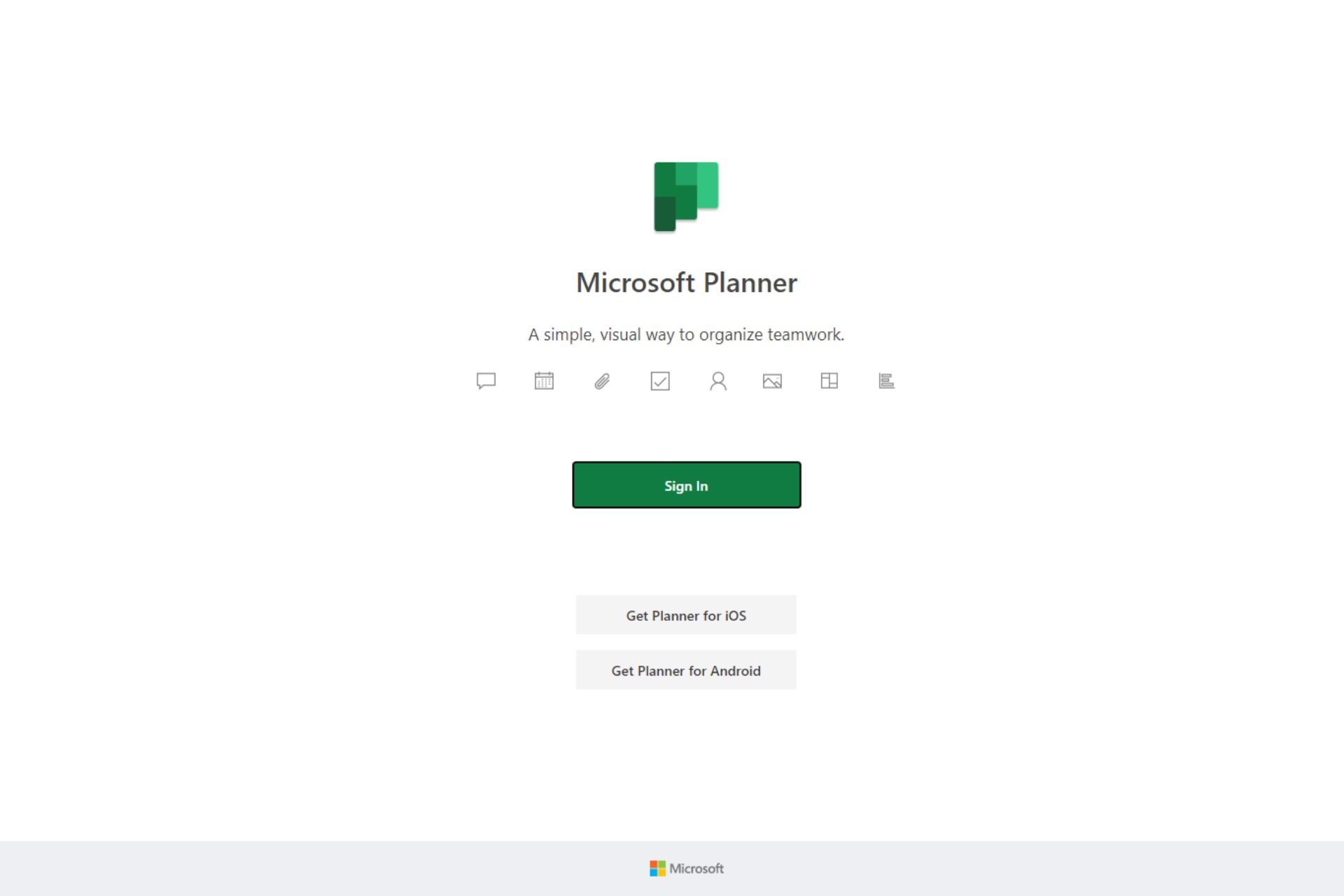Why is Microsoft switching the RAM speed measuring to MT/s? What does that mean?
The new RAM speed measurement will reflect the data more accurately
2 min. read
Published on
Read our disclosure page to find out how can you help Windows Report sustain the editorial team Read more

Microsoft recently improved Task Manager with a few important changes and one of them is that soon, it will show you the RAM speed in MT/s instead of MHz. However, the change might be confusing for many, so let’s clear this matter a bit.
Why is the MHz to MT/s RAM speed switch so important?
Well, it’s about understanding what’s under the hood of our computers. When you’re upgrading your RAM or troubleshooting performance issues, knowing the real transfer speeds can help make more informed decisions.
Back in the day, when SDRAM was the norm, MHz was a fine measure because it matched the number of transfers per cycle. But then DDR (Double Data Rate) RAM came along, and with it, the transfers per cycle rate doubled. Basically, the MHz count doesn’t quite reflect the whole story. For instance, what was advertised as 6000 MHz was really 3000 MHz in terms of clock speed but could handle 6000 MT/s. And with advancements like GDDR5X and GDDR6 in graphics cards, using MHz or GHz became even more misleading.
So, Microsoft’s shift to MT/s in Task Manager is not a cosmetic update, but a switch that is absolutely needed for the sheer accuracy of the RAM speed. If you want to see this change, it’s rolling out to beta users first, with plans to extend to all Windows 11 users eventually.
Interestingly, this update comes at a time when Windows 11’s market share is seeing a bit of a dip. Some users are switching back to Windows 10, possibly due to the increase in ads within the OS.
The bottom line is that this change is not going to affect the average Windows user. Whether it’s MHz or MT/s, what really matters is how well your system meets your needs, right? Tell us your opinion in a comment below.








